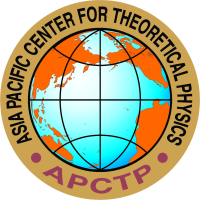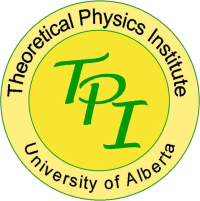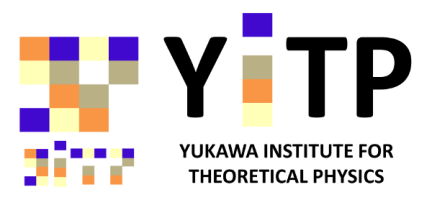Participant Testimonials
As a researcher working on black holes, BIRS workshop has had very positive impact on my research. I was introduced to some of the hottest research topics by very renowned black hole physicists. Discussions with some of the participants were inspiring. The very friendly environment of the workshop helped lots in developing interpersonal relationships with scientists I already knew before or just met there. Generally, it was a great source of enthusiasm.
Our BIRS workshop on Black Holes was extremely successful. This was a joint activity of 3 theoretical physics institutes: ITP of UofA (Canada), APCTP (Korea), and Yukawa ITP (Japan). It was really international: The meeting attracted leading experts in the field from 10 countries. As a result we had very fruitful and informative discussions of the exciting and intriguing problems of the physics and mathematics of black holes. I must say that the staff of the BIRS helped us a lot both at the stage of preparation of the meeting, as well as during its work. All the participants enjoyed very much a friendly atmosphere of Banff Center and BIRS. I would like to thank you and all the staff of BIRS for your cooperation and help.
This was a very well organized and balanced workshop. Most participants were there for the full duration, which meant that discussions could progress and evolve over the week. Although I was familiar with the punchlines of most of the talks, there were a couple of talks on subjects I was not so aware of, which was great, as well as getting some of the details and nuances of work I was more familiar with, which greatly enhanced my general perspective. Finally, the time allowed me to make some good progress on a current research project, stimulated by the discussions and talks taking place.
The workshop was great. I could refresh myself, updating on current status of various interesting subjects of research. In particular, the presentation by Matt Choptuik had some relation with a work I'm doing with a collaborate. It was quite useful. Discussions with Emparan, Lehner and Unruh were also very helpful for extending my understanding on the evolution of the Gregory-Lafflamme instability.
Supercomputing Center, KISTI (Korea Institute of Science and Technology Information)
I had many stimulating discussions with other participants. Some of them might start new collaborations. Thank you for providing very nice atmosphere for scientific work.
This was a splendid workshop. The interactions among all the participants were extremely cordial and informative, and it seems clear that some of the discussions will lead to full-fledged collaborations. For example, some of us are currently continuing discussions initiated during the workshop over email, and these may well lead to some new results worthy of publication. I wish to thank you for your support, and for making the workshop possible.
Now we are starting a small project stimulated by the discussion during the workshop. Hopefully, we will soon write a short paper on it.
Yukawa Institute for Theoretical Physics, Kyoto University
Three years ago, at the BIRS workshop "Black Holes: Mathematical and Computational Aspects," I gave a talk on the black hole solution in the Randall-Sundrum scenario. There, I insisted that the solution is unlikely to exist judging from my numerical result. This year, at the very same BIRS workshop, Prof. Don Page gave an evidence for a solution of large black hole in the same scenario. This talk was best (at least to me) because it raised my curiosity to that problem again. Also, I could discuss with many researchers on this issue, which would be valuable to my future research. I would reconsider that problem again to clarify what is the real solution space, although it may take a year.
Institute of Particle and Nuclear Studies, KEK (High Energy Accelerator Research Organization)








